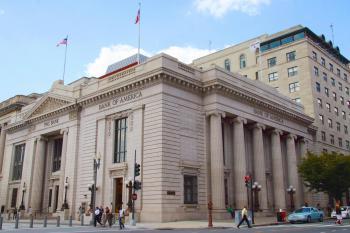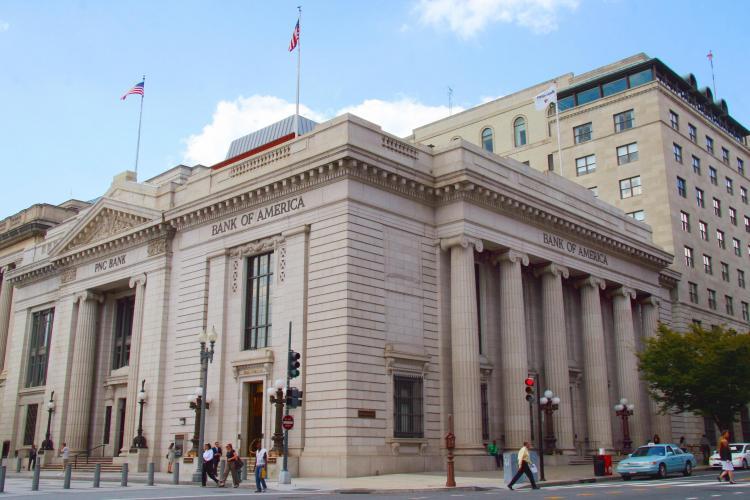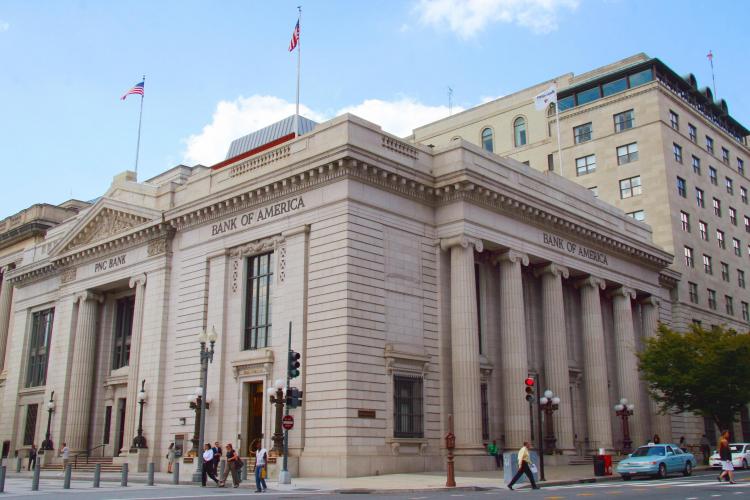PNC Bank, the Pittsburgh, Pa.-based regional bank on Friday announced that it acquired struggling National City Corp. for $5.2 billion, or $2.23 per share. The merger would create the fifth-largest U.S. bank by deposits.
PNC became the first bank to draw on the Troubled Asset Relief Program (TARP) by subsequently issuing $7.7 billion of preferred stock and stock warrants to the U.S. Treasury Department.
It is the first sign that banks are putting the TARP program to work. When the U.S. Treasury Department created the $250 billion program earlier this month, it envisioned banks doing exactly what PNC did—buy up smaller rivals to strength the banking industry.
The acquisition greatly expands PNC’s market share in the Eastern United States by adding National City’s strong Midwest presence in Ohio, Indiana, Illinois, and Michigan to PNC’s current dominance in the Mid-Atlantic region.
“At a time when core funding is key, we see our deposit strength as an important success factor,” said PNC Chairman James Rohr in a statement on the acquisition. Once the merger completes, PNC will operate 2,500 branches in 13 states.
TARP program injects cash into “healthy” banks to prop up their financial position, guarantee troubled securities, and encourage lending activities. The Wall Street Journal reported on Friday that 22 banks have been selected by the Treasury, including Virginia’s Capital One Financial and Atlanta’s SunTrust Bank.
More Consolidations on the Way
With newfound cash, strong regional institutions such as Capital One and SunTrust may be on the hunt for acquisitions. Former investment banks Goldman Sachs and Morgan Stanley may also be in the fray, as the two recently converted to bank holding companies and are currently expanding their depository base.
Canadian banks, which largely sidestepped the recent subprime mortgage crisis, may also look south for growth. The Toronto-Dominion Bank recently completed its $7.5 billion purchase of Commerce Bancorp Inc. Bank of Montreal already operates branches in the Midwest United States through its Harris Bank subsidiary.
Some analysts believe PNC’s acquisition is a good first step in stabilizing the financial services industry, by using TARP to fund private sector consolidation. In the long run, the U.S. government and taxpayers could profit when the markets stabilize and PNC’s preferred shares increase in value.
“First, National City was probably the biggest regional at risk as the credit crisis spreads,” wrote economy columnist Kirk Shinkle in a posting on Seekingalpha.com, an investor blog site. “Second, the use of the Troubled Asset Relief Program funds is encouraging.
“It’s a positive sign that banks are using the government’s lending offer to get markets moving again,” he added.
Other analysts accuse the government of creating TARP to use taxpayer money to eliminate competition. The U.S. Treasury promotes consolidation of banks, which means the bank you currently do business with could be taken over. Mergers also lead to more job cuts, and possibly higher banking fees and less choice as the number of banks dwindles.






